Sport
Public anger follows a hike in fuel prices that resulted in higher fares and drove up prices of essential goods as suppliers passed the additional costs to consumers.
Angola has this week witnessed waves of violent unrest and looting in what began as a three-day strike by minibus taxi drivers who were protesting against a fuel price hike in the oil-rich country.
Thousands of people joined the demonstrations which started in the capital, Luanda, and spread to some pockets across the country.
The death toll reached 22 on Wednesday, with 197 people injured and 1,214 arrests made, according a statement from the president’s office.
Sixty-six shops and 25 vehicles had been vandalised, and some supermarkets and warehouses looted, it added.
How did we get here?
The taxi drivers are protesting against a recent government decision to increase the price of fuel by one-third from July 1, part of efforts to curb costly subsidies and shore up public finances.
Angola has been gradually removing fuel subsidies since 2023 with encouragement from the International Monetary Fund (IMF) as part of adjustments to free up more public money for health and education.
But it has angered many in the country of 36 million people after it resulted in higher fares and drove up prices of essential goods as suppliers passed the additional costs to consumers.
Subsidies amounted to as much as 4% of gross domestic product (GDP) last year, according to the finance minister.
Similar deadly protests have been witnessed in the past when a fuel price hike was announced.
How has government responded?
A statement released after a Council of Ministers meeting chaired by President Joao Lourenco on Tuesday said "elements with criminal intentions" had turned the demonstrations into a "threat to security".
The army was deployed to restore order as the riots “triggered a climate of widespread insecurity,” the statement said.
The government insists that even after the increase from 300 to 400 kwanzas ($0.33 to $0.43) a litre, fuel prices in the country remain much lower compared to many countries.
Comments
No comments Yet








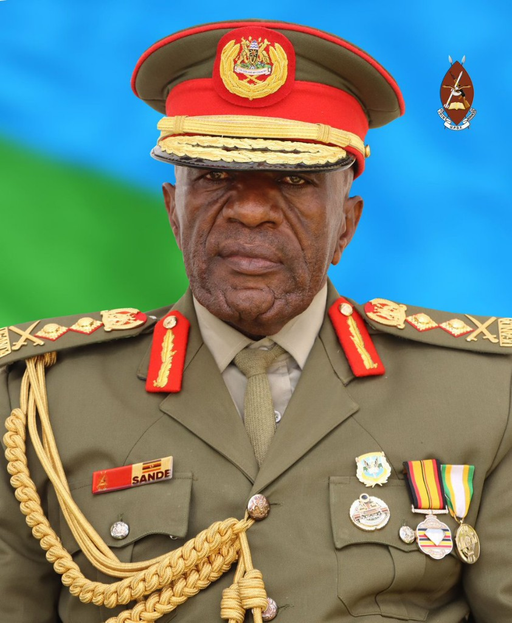
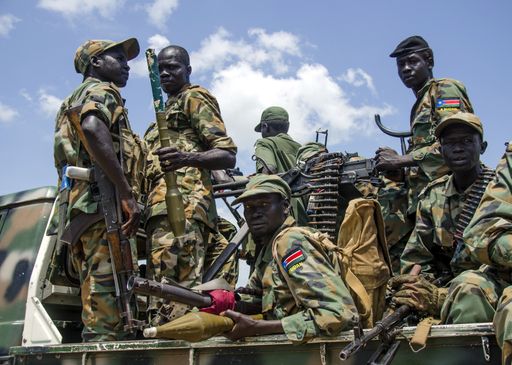
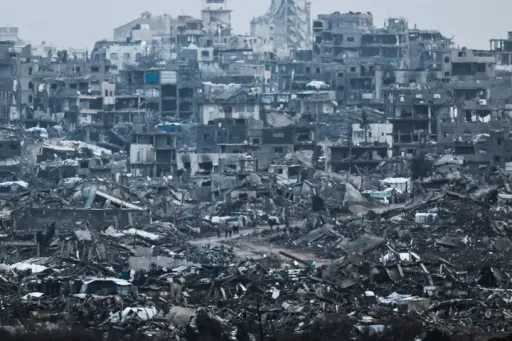
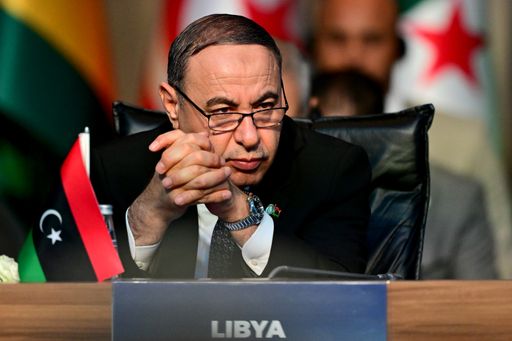



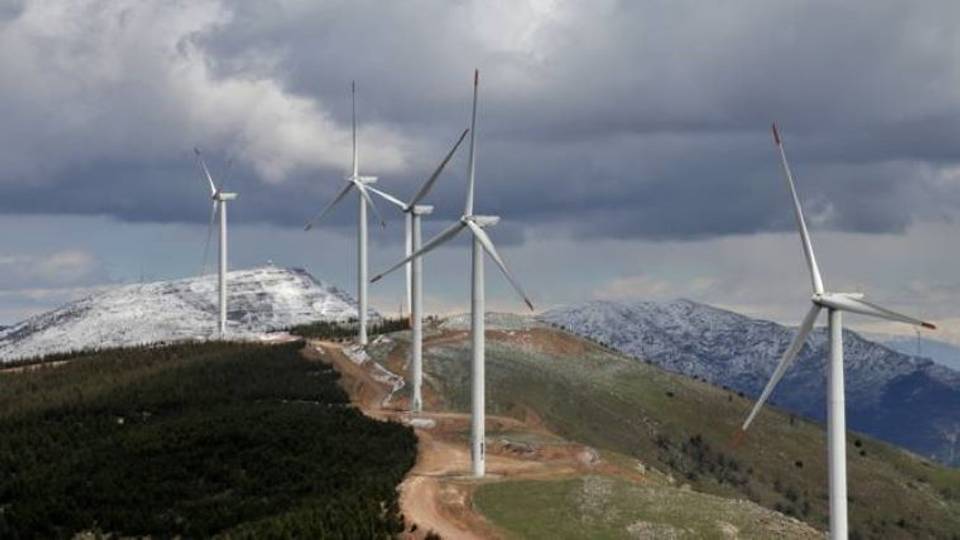
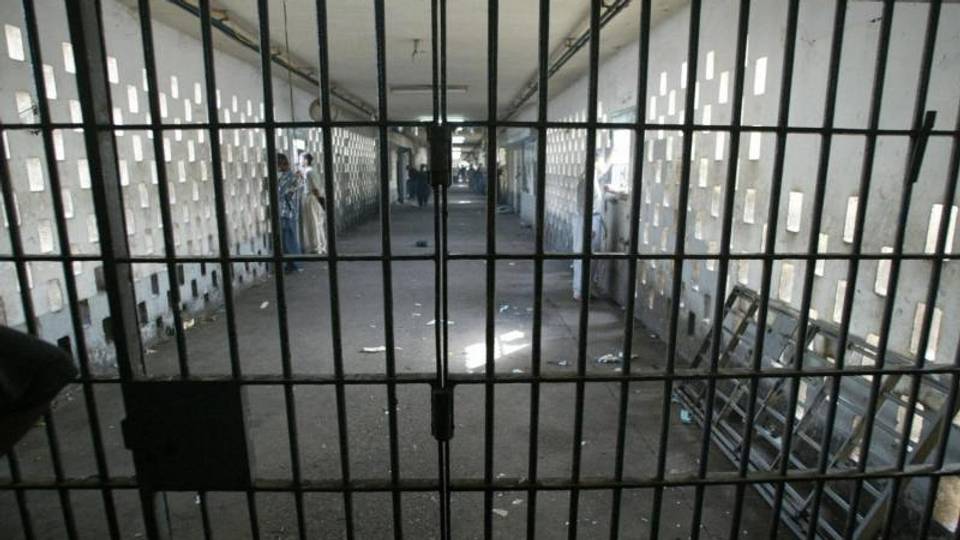
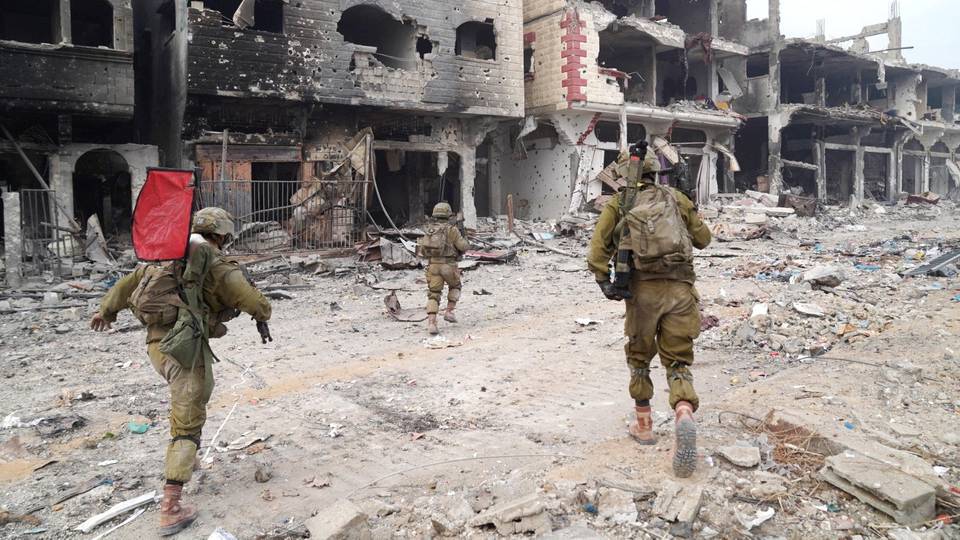


Comment